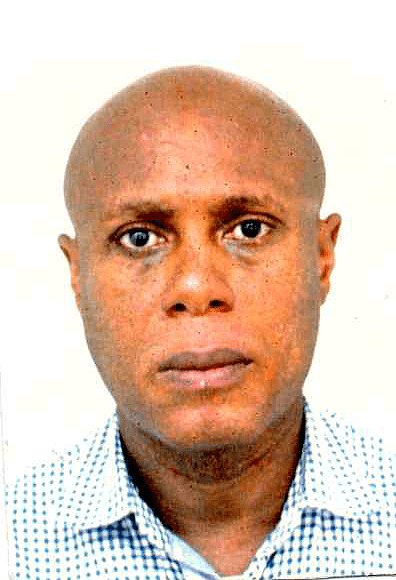…Deepening ADR mechanism and African traditional methods in dispute resolution
There is need to expand and entrench Alternative Dispute Resolution (ADR) deeply into our legal and governance system. Complex, intractable and challenging cases that would have taken 30-40 years to resolve in court with the present western judiciary system we are practising have been solved peacefully and within weeks by the Late Sunyani Queen Mother Nana Yaa Nyamaa Puduo, Asantehene’s palace, and other chieftaincy palaces around the country. Normal divorce, land and inheritance cases that take over 5 to 15 years to solve within western legal systems are solved within weeks by the traditional ADR and traditional religious means.
The ADR deepening will involve putting legal structure to ADR agreements, Rulings from Traditional chiefs (Ahenfie), etc. Rulings and conclusions from such ADR must be given western judiciary enforcement powers. This will need commitment from government, Chiefs, Bar Association and Judicial Council. This will go a long way to solve societal challenges and relieve the courts of low hanging cases that create backlogs.
Food and Drugs Authority (FDA) frequent visits to sub urban and rural areas
Another challenge hurting the NHIA and health of Ghanaians in rural and sub urban areas is quack pharmaceutical drugs, poisonous cosmetics, and unlicensed herbal drugs. The essence of government is to protect citizens, and this area of a functioning state needs to be improved. I have witnessed loads of kidney issues, hypertension, cancer and diabetes all caused by fake drugs, unlicensed herbal drugs, etc. The rural folks lack knowledge, and high illiteracy level engenders poor choices among our people. This needs to be corrected, especially on the issue with cosmetics, drinking water, unapproved herbal drugs, illegal Chinese tablets, etc.
There are Police Stations in every corner of Ghana and it’s a criminal offense to peddle and sell unlicensed products. The FDA need not have presence in every district, but could establish police liason officers to monitor and tame the widespread sale of illegal herbal and dodgy pharma products across the rural and sub urban areas that are destroying precious lives. A typical example is the establishment of Domestic Violence Unit across Police Stations that have protected vulnerable women and children. FDA can replicate the model of training designated police personnel of the various skills set to monitor and clampdown on fake and unlicensed products that are in the Ghanaian market space, especially areas outside the regional capitals.
Engender common prosperity through volunteerism and hometown associations
In this COVID era are opportunities to engender volunteerism in our communities. Volunteerism is akin to the NSS model but community-based with far less cost. Transport stipends can be a form of alleviating volunteers cost incurred. An advantage for this will be encouraging recruiters to use this as a plus for job recruitment – both private and government. The youth volunteers will also gain youth discipline and practical experience. Avenues for volunteerism are recommended for JHS, SHS, and tertiary students; and could be in the form of community cleaning, primary to SHS teaching assistants, sanitation improvement, tree planting, etc.
In addition, closely linked to volunteerism are hometown associations for development. The ‘Aban’ mentality (the situation where citizens expect government to resolve all societal and community challenges) syndrome must be discouraged. Government has scarce resources so people must be educated on community sacrifice and giving back to society.
Hometown associations could be organised on the secondary school development model structure. I attended Adisadel College in Cape Coast where significantly most developments in the school are financed by old boys, and structured in the pattern of year groups, house mates, etc. The hometown associations can be based on district or constituency model to get a large number but cluster subsets to manage major sub towns in the district/municipal or constituency (Asunafo North Citizens’ Association, but there could be subsets such as Goaso, Mim and Kasapin).
People pay tithe, and the major Jewish religion who understand and own the book most Ghanaians worship teach that the best tithe is charity and sacrifices for community improvement. Ghanaian citizens can be encouraged to part with 50 percent of their tithe payment or voluntary payments to make monthly hometown contribution for major projects and expenditures lacking in their district of origin, such as roads reshaping, schools’/hospital renovations, scholarships to brilliant but needy kids and initiating infrastructural projects.
Kwamina is an experienced financial and credit analyst with over 10 years in advanced commercial lending and bankside experience.










